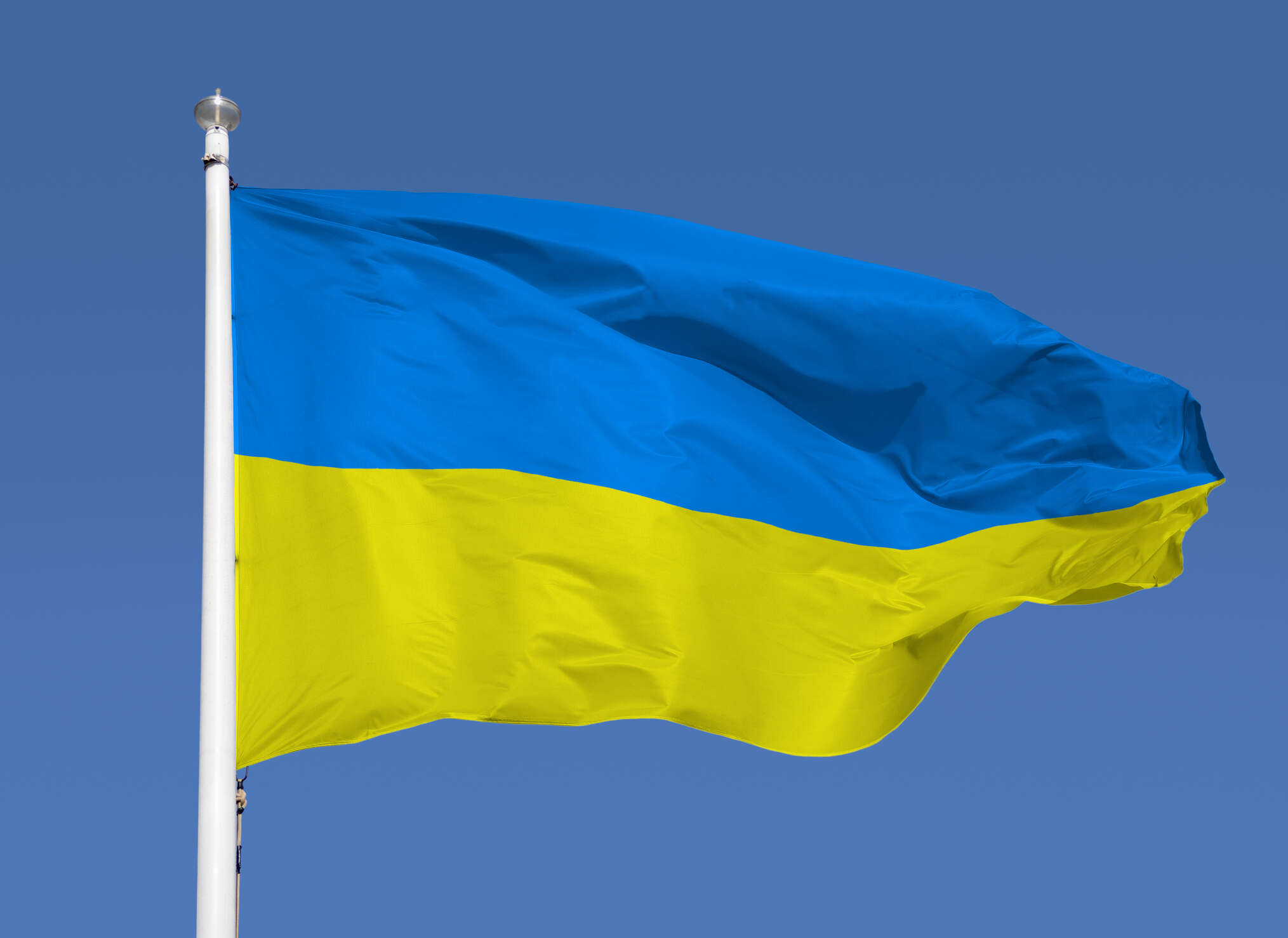

Holders of BP bonds and stocks may be breathing a small sigh of relief as a difficult decision has just been taken away from them. Last night, the British energy company’s board decided to relinquish a near 20% stake in Russian state-controlled oil firm Rosneft. Prior to Russia’s invasion of Ukraine, launched last Thursday (24 February), this holding was worth $10bn. But then again, prior to the invasion investment in Russia was politically acceptable.
BP boss Bernard Looney explained the move by saying the group’s ties to Rosneft no longer made strategic sense. Yet it was a decision reportedly taken after the UK government expressed concern about BP’s interests in a meeting with the company’s top brass to understand what they were going to do about it. It seems the board was left with few options.
This is a defining moment. Large companies do not typically like to be told what to do, by either governments or shareholders. But as we face huge environmental challenges, social inequality, significant political instability and now war on the European continent, intervention is increasingly more commonplace, subtle or otherwise. Those who choose to ignore this fact may find themselves confronted with similar uncomfortable conversations as evidently faced by BP.
Asset owners – whether corporates or institutional investors – with exposure to the Russian state that oppose the invasion must decide if merely expressing disapproval is sufficient or whether they are willing to divest.
And while the financial fallout – symbolised by the precipitous fall of the ruble – makes it easier to assess in purely economic terms, the public will also be asking what is their organisations’ ethical position on Vladimir Putin’s war?
If not now, when?
Since the Ukraine invasion, a handful of investors have publicly nailed their colours to the mast. One of the world’s most influential, Norway’s $1.3trn sovereign wealth fund, announced it would exit its Russian assets. It was a concise and swift decision.
Günther Thallinger, chairman of the group ESG board at German company Allianz, which defines itself as a sustainable insurer, responsible investor and good corporate citizen, posted on LinkedIn on Saturday (26 February): “We are witnessing an alarming disregard for the principles of democracy, peace, and international law.” He supported specific action against Russia and has promised Allianz would provide financial support for the victims of the invasion, with more details to be provided. The group has €2.25trn ($2.52trn) under management across fund managers Allianz Global Investors and Pimco and its insurance business.
Smaller but equally strongly principled institutions have also made their stance clear.
Denmark’s AkademikerPension blacklisted Russian investments on Friday, with the $23bn fund’s CEO publicly stating: “The invasion is a clear and unequivocal violation of international law and of our policy on responsible investment. Therefore, there is no other option than to exclude Russia.”
The Church of England Pensions Board (£3bn in assets under management) announced it will sell its £20m Russian holdings in light of Putin’s invasion. Interestingly, the fund’s chief responsible investment officer, Adam Matthews, said in a LinkedIn posting on 28 February that the fund already had an exclusion across its two funds on Russian sovereign debt. Its existing holdings were therefore of previously non-sanctioned Russian companies.
At the time of writing it is still possible to invest in companies linked to Russia. To maintain exposure is therefore a decision in the hands of asset owners. Unlike with commitments to saving the planet from dangerous temperature rises, institutions do not have the benefit of months or even weeks to exercise their principles. Failing to act now may be enough to play into Putin’s hands.
Capital Monitor does not judge financial institutions on what policy commitments they choose to sign up to, but it does seek to hold them to account on such pledges they do make. As we reported only two weeks ago, references to UN Sustainable Development Goals of the world’s top 30 largest banks’ annual reports have increased by more than 1,200% in six years. With Russia’s attack on Ukraine clearly in contravention of so many that financial institutions claim to hold dear, it follows that more of them should be making their positions public.
For those who choose to maintain exposure, either directly or otherwise, then so be it – no doubt there will be credible economic justification behind their decisions. But perhaps they should spare us the empty platitudes printed on their sustainability and ESG reports from now on.






